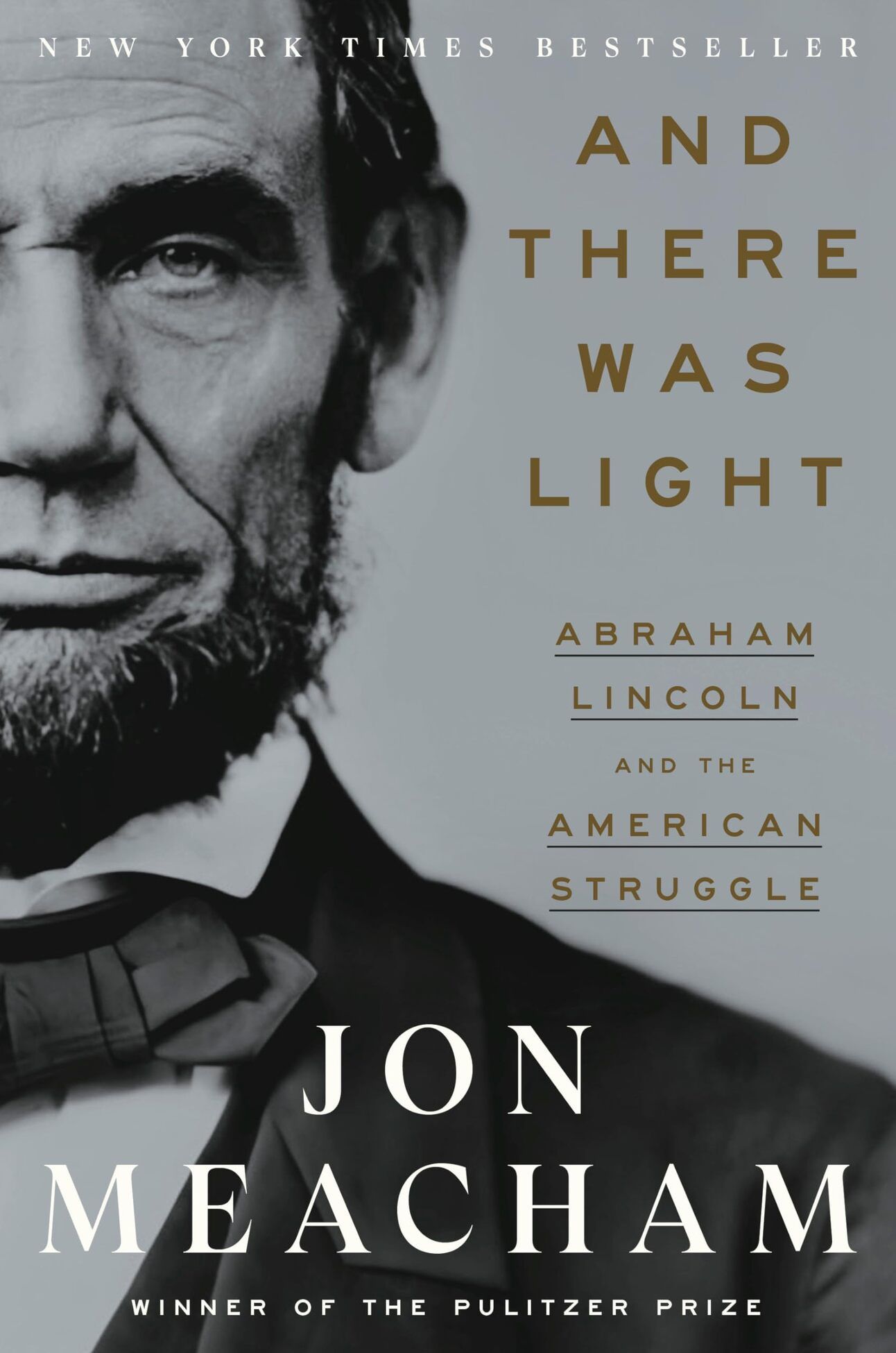- It's An Inside Job
- Posts
- When trust is broken
When trust is broken
One year ago, crisis struck. This is how we saved our business.
What do you do when the survival of the business you've built over two decades is suddenly at risk?
A year ago, I faced this question when The Energy Project was unexpectedly thrown into an existential crisis.
In this newsletter, I'll share how we put the principles we teach to address our own crisis.
The Inner Workbench:
Finding Clarity in Crisis
Fifteen months ago, I learned that a longtime employee whom I trusted completely had committed significant financial deception and fraudulently charged personal expenses to a company credit card. In the immediate aftermath, I had to terminate this leader and several employees who turned out to have been part of the deception.
The betrayal was profoundly painful and disruptive – to me and to all those who remained in the company. At the time, it was difficult to see a viable path forward.
A year later, to my amazement, we're debt-free, profitable, and positioned for significant growth in 2025. More importantly, in a recent all-hands meeting, our team members described, unanimously, how much they appreciate the positive and collaborative working environment that has emerged in the aftermath of the crisis.
This transformation wasn't the result of an elaborate business strategy. Instead, it came from applying the principles we teach at The Energy Project to our own team in ways that I hadn't fully appreciated before.
The conventional playbook for managing a financial crisis typically involves cost-cutting, getting all remaining hands on deck, and focusing intensely on immediate results. Each of these have merit, but what they don’t take into account is how people are feeling, and how that influences the way they show up.
Finding Clarity in Crisis
As the CEO of my company, I am also the Chief Energy Officer, and I’m acutely aware that how I’m feeling profoundly influences how others feel. I knew it was critical to stay calm and serve as a beacon of hope and resolve without being inauthentic or seeming like a pollyanna.
In our first team meeting after the debacle, my first priority was to reassure team members that I was l00 per cent committed to our survival. People at TEP know that I’m passionate about the mission we’re on, but they also needed to know – and feel – that I cared about them.
My second priority was to let the team know that we were committed to paying everyone we owed money in full, as soon as possible.
We could not recover without building trust in a time when trust had been so violated.
As we teach in our work, crisis activates our "defenders"—the parts of ourselves that react impulsively out of fear and self-protectiveness, often without regard for future consequences.. These defenders can hijack our behavior, prompting shortsighted decisions that ultimately undermine longer term success.
Instead of letting my own defenders run the show, I worked to access what we call the "core self"—the calm, clear-seeing part of us that can reflect rather before responding, and act with clarity, taking into account the big picture.
This required drawing on sources of intelligence beyond my mind – typically my default choice for solving problems. In fact, we have three other primary sources of intelligence: the body, the heart and the spirit.
When it’s calm, my body is a source of great clarity about the best course of action. You know what I’m talking about – that gut feeling which sometimes tells you something different than what you’re thinking logically makes most sense.
What I trusted above all was any strong feeling or sense that ran counter to what my mind was telling me. I didn’t treat those feelings as conclusive, but they served as warning bells that prompted me to slow way down, and keep asking myself this question: “What am I not seeing?”
The second key was to open my heart. It was critical to be sensitive to how my behavior and decisions were likely to land on others. A more open heart is also an antidote to anger, which almost always leads me to make choices I later regret.
We could have pursued quick fixes to generate cash, but we chose a more nuanced path.
Early on, I decided that even if we didn't survive as a company, The crisis ultimately fueled trust in one another where it could easily have brought us down.
What I Learned
In retrospect, the biggest lesson I learned was that there were all sorts of factors I couldn’t control in trying to save the company, but what I could take full responsibility for was how I showed up.
Looking back, I can see that this crisis, painful as it was, created an opening for transformation that might not have happened otherwise. The importance of the work we’re doing together feels greater than ever, and we have stronger, more open relationships than we did before the crisis.
What I've Been Reading and Watching
Non-fictionAnd There was Light: Abraham Lincoln and the American Struggle  | FictionAmerican Pastoral by Philip Roth  |
Until next time,
Tony
Follow me on LinkedIn for more insights.